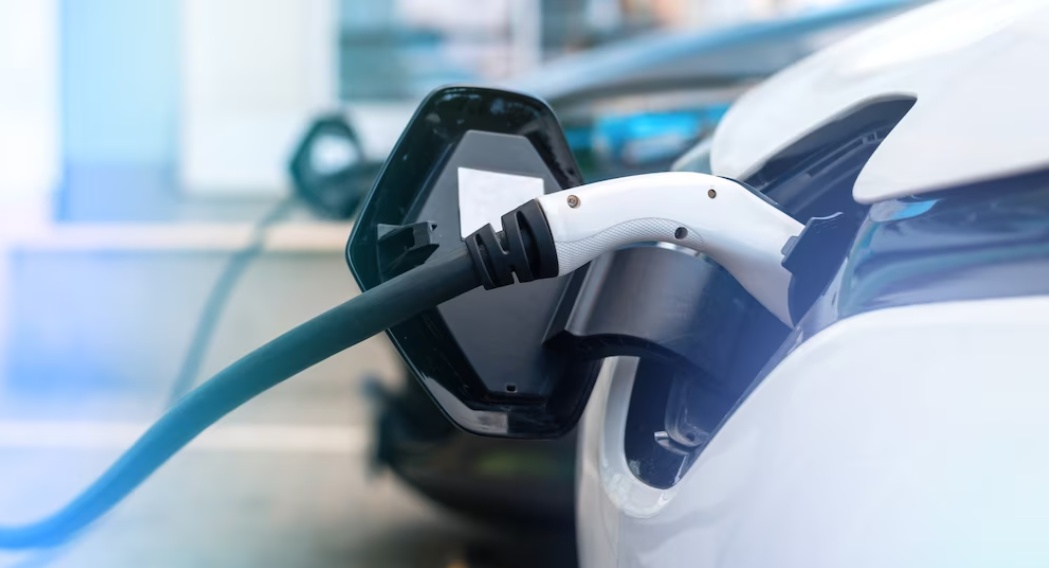EVs less reliable than conventional vehicles – Consumer Reports
EV owners who think they are saving the world continue to report far more problems with their vehicles than owners of conventional cars or hybrids, according to Consumer Reports’ newly released annual car reliability survey.
The survey reveals that, on average, EVs from the past three model years had 79 percent more problems than conventional cars. Based on owner responses on more than 330,000 vehicles, the survey covers 20 potential problem areas, including engine, transmission, electric motors, leaks, and infotainment systems.
Related Article: Barra has taken GM down a path to bankruptcy
“Most electric cars today are being manufactured by either legacy automakers that are new to EV technology, or by companies like Rivian that are new to making cars,” says Jake Fisher, senior director of auto testing at Consumer Reports. “It’s not surprising that they’re having growing pains and need some time to work out the bugs.” Fisher says some of the most common problems EV owners report are issues with electric drive motors, charging, and EV batteries.
“While Tesla’s EV components are generally reliable, the company continues to struggle with the build quality of its vehicles,” says Steven Elek, who leads the auto data analytics program at CR.
“Tesla powertrains are now pretty solid for the most part, but Tesla owners report a lot of build quality issues including irregular paint, broken trim, door handles that don’t work, and trunks that don’t close. All of these pull down the brand’s reliability score.”
(Consumer Reports factors build quality issues that require repair into our reliability calculations, but they are not weighted as heavily as more serious problems, such as those with the engine, transmission, or drivetrain.)
Hybrid Reliability Shines
This year’s survey data show that hybrids continue to be among the most reliable vehicle type: Hybrids have 26 percent fewer problems than conventional models, even though they have both a conventional powertrain and an electric motor and therefore more potential problem spots than conventional cars.
Plug-in hybrid electric vehicles (PHEVs), which have both a battery for short-range electric driving and an internal combustion engine for long-range driving, are the least reliable category—146 percent more problems than conventional cars.
“PHEVs are sort of like an EV and a conventional car rolled into one, so by their nature they have more things that can go wrong with them,” Fisher says.
